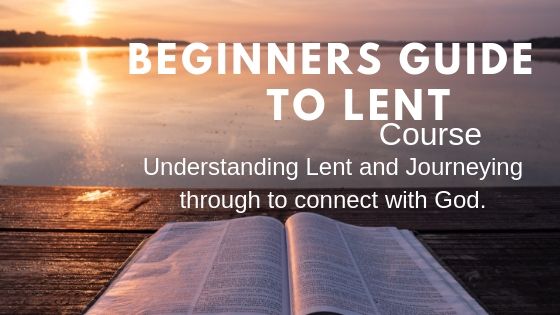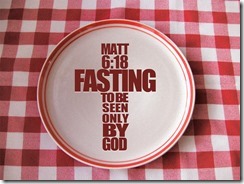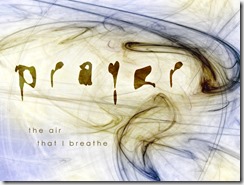
Self-examination is part of the three pillars of Lent (fasting, prayer, alms giving).
One could argue that this is a fourth pillar, but I see elements of self-examination as being a part of the other three. Like a physical examination, Lent calls us to a self-examination that reflects upon our need for God, our  mortality, our sin and how the gospel is the only answer.
mortality, our sin and how the gospel is the only answer.
Romans 8:13 says, “For if you live according to the sinful nature, you will die; but if by the Spirit you put to death the misdeed of the body, you will live…”
In “Gospel Coach”, Thomas Scott and Tom Wood, write about four source idols in our lives. A source idol drives the surface idols. We do not always deal with these, unless we ask what is driving me to something other than Jesus. What is it I am trying to fill in my life?
Scott and Wood share that the four source idols in our lives are:
a. power
b. approval
c. comfort
e. security
Check the book out here: Gospel Coach: Shepherding Leaders to Glorify God
These four areas will cover most sin in our lives. A life centered on self will put roots into a foundation that leads us away from the wholeness found in Jesus. Even if we are surrendered to Christ, we will still have the battle between flesh (our sinful nature) and living in the Lordship of Jesus.
In self-examination you are going to have to deal with your idols.
What is an idol? Tim Keller shares, “It is anything more important to you than God, anything that absorbs your heart and imagination more than God, anything you seek to give you what only God can give…An idol is whatever you look at and say, in your heart of hearts, “If I have that, then I’ll feel my life has meaning, then I ‘ll know I have value, then I’ll feel significant and secure.” There are many ways to describe that kind of relationship to something, but perhaps the best one is worship.” (pages xvii and xviii of Counterfeit Gods)
Lent is a season to face our idols and understand that the gospel is our only solution.
How to do self-examination during Lent:
Over the 40 days ask yourself the questions below and reflect upon them. Seek repentance and obedience as you journey over the six weeks. During this time seek to understand who God is, what Jesus has done, who you are in Christ and what you are to do.
A. What consumes your thinking? When you have time to dream and think about nothing else. Where does your mind go? Are you seeking it in order to have power, or approval, or comfort, or security?
B. Money – Track your spending over 40 days. Where is your money going? If an outsider was to look at how you spend, what does it share about your values, and what is important to you?
C. Time – Where are you spending your time? Perhaps there is a need to track it. If Jesus is important in your life, how you use your time will show that?
D. Desires– This is a hard one, because God has given us passions and desires. But, do they consume you? Even good desires can become idols. Are you seeking them because they bring power, approval, comfort or security?
E. What do you not believe about who God is? What do you not believe about who God is in your current circumstances? What is the truth about who God is and who you are? What are God’s promises for your current circumstances?
There are many questions one could ask. For example, marlenagraves.com/ has a great list of questions from the Wesleyan tradition, Just click the link here – http://marlenagraves.com/self-examination-questions-for-lent/
This season is a practiced time to take stock of our lives and our hearts. It is a season about giving up our sin. Use this time to ask yourself some hard questions about your spiritual maturity.
Do you have any other resources that are helpful? What has your experiences been during the season of lent around self-examination.
What is your source idol today?



